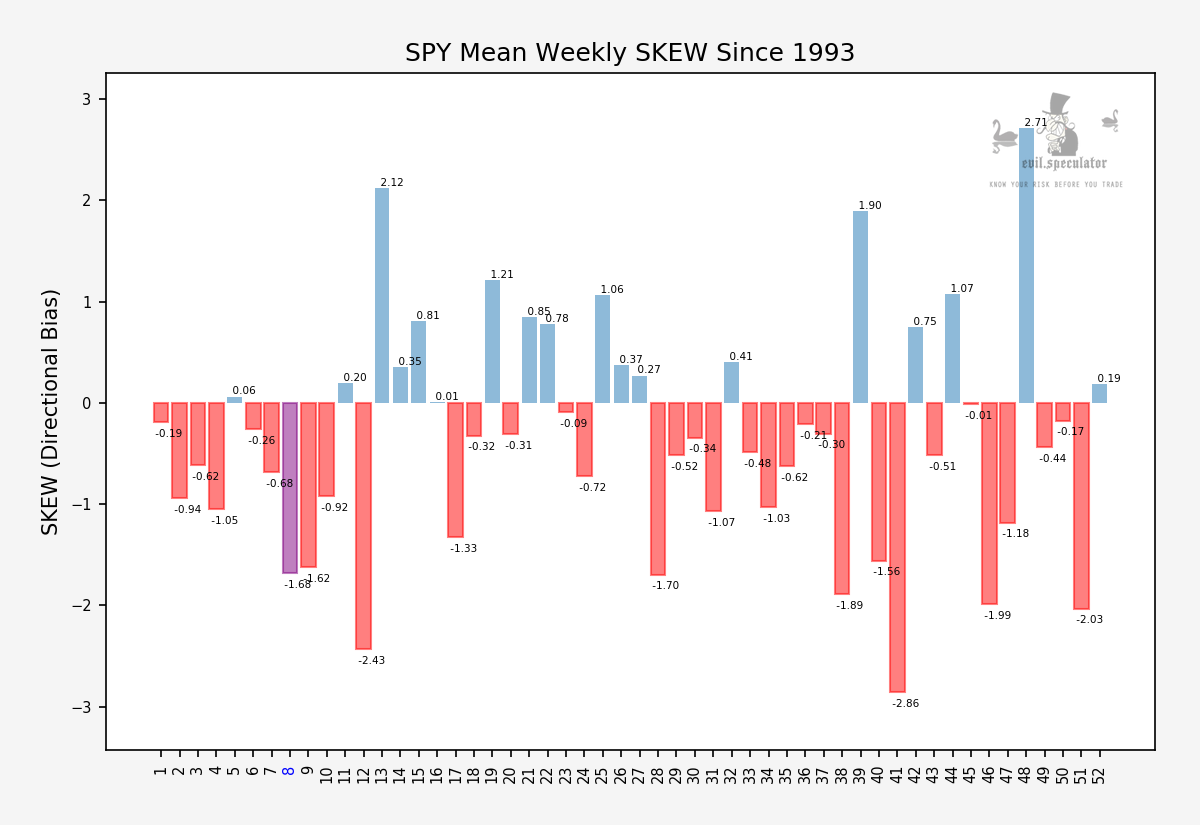Choosing A Crypto Exchange
Choosing A Crypto Exchange
This is the second installment of an ongoing educational series that will cover the basics of crypto currencies as well as a multitude of challenges involved and the knowledge required in trading this new asset class successfully over the long term.
Alright, you’ve made up your mind and decided that you want to trade all those effervecent crypto currencies your friends keep telling you about. So let’s just find a popular exchange then, open an account, and Bob’s your uncle, right? Well, I wish it was that easy and the plot thickens if you approach this from the perspective of a casual trader.
The Wild West Of The Crypto Universe
In the previous installment of this series I already hinted that trading crypto currencies is a lot more akin to slinging forex than to perhaps trading stocks, bonds, or futures. First up we are not dealing with one cohesive regulated exchange and just like the forex market crypto exchanges operate like a network of distinct and independent islands scattered all across the globe. So if you’re buying for example BTC/USD on Bitfinex, a popular crypto exchange located in the British Virgin Islands, then you’re not guaranteed anything resembling a ‘national best bid and offer’ (NBBO) as you would fore example with an SEC regulated exchange in the US.
Beside the fact that bid/ask spreads are often wide enough to pass a U-Haul truck through, your exchange is most likely running a dealing desk that actually trades against you and profits from your losses behind the scenes. Which by the way is a common and perfectly legal practice in the global forex market, even in the United States, unless you go and explicitly seek out an ECN, STP, or NDD broker. No such thing exists in the crypto universe, at least right now at the time of this writing.
And owing to varying regulations, if any, from one country to the next, you may be in for a few surprises when it comes to depositing and especially retrieving some or all of your assets. Be prepared for unexpected waiting times spanning anywhere from a few hours to a day to a week or sometimes more. So before even thinking about opening an account at any crypto exchange one of your first priorities is to address is to verify their payout and fee policies.
Looking Under The Hood
And don’t stop there and simply rely on what you are being told on the exchange’s shiny landing page. To get the real story you most definitely want to visit a popular forum like reddit or quora and investigate how many people have experienced problems and various hurdles in the past. Of course always remember that usually the bad experiences are the ones that tend to be shared; very few people go on reddit and spend time telling others how quickly they managed to transfer their assets in or out. I’m saying that because it’s easy to get bogged down in horror stories of which there are plenty. But do your own due diligence at the best of your abilities. A good place to find reputable exchanges is cryptocompare which rates them via a public voting and review system. Stay away from obvious clickbaiters who profit from affiliate fees and will most certainly hype the exchanges that pay them the most.
Of course there are many other considerations before opening an account, basic e.g. fee structure related to transferring fiat or crypto currency in and out, means of transferring assets (e.g. credit card, bank transfer, PayPal, etc.), cost of trading due to exchange and broker fees, ability to short assets, and of course privacy considerations – e.g. will your data be shared with your country’s tax office or anyone else. Another prime concern of course are ease of use, especially since you will be forced to interact with the exchange’s trading tools for the foreseeable future until more robust and professional trading platforms begin to emerge. The user interface may be confusing or you may misunderstand what you are actually trading (BTC/USD vs. BTC/USDT for example).
Speed of execution and liquidity is most definitely a consideration in a volatile and often illiquid crypto currrency market. Once again remember that you are not trading one big regulated crypto exchange but depend on your (virtual trading) island’s local practices plus on how many other clients in that exchange are actively trading against you. Liquidity is always key and seeing a quote on cryptowatch doesn’t mean that it’s anywhere close to where you’re going to get filled. Bid/ask spreads can vary significantly based on time of day and market plus news or rumors have and will often whipsaw prices whilst leaving you without a fill.
And finally credit limits are also a factor. Unless you set up 2FA (explained below) you will most likely be limited to a daily credit limit of $5000 and perhaps even less. And even after setting up 2FA you may have to ask your exchange to increase your trading limits. Bear that in mind before transferring over tens or hundreds of thousands of Dollars with the intent of jumping into crypto currency trading with both feet.
Verification Process
By the way if you are an American reading this then you most likely won’t be trading on Bitfinex anyway as they effectively pulled out of the U.S. retail market due to the ‘challenging regulatory climate’. Which is a shame as Bitfinex in my not so humble opinion is one of the better exchanges out there. I was hoping to get around the problem by simply using my German passport but those cats weren’t born yesterday and actually will ask you during the verification process if you are a US citizen as well. And if there’s one organization you don’t want to mess with or lie to it’s the IRS, so an older and now much wiser Mole decided not to bend the truth. Which means no Bitfinex account for me or you if you happen to be a US citizen. Yes, you can thank the bloody Foreign Account Tax Compliance Act (FATCA) for that limitation and it will continue to be a hurdle that limits the options of Americans unless FATCA is adjusted to make compliance less of a headache for foreign businesses.
Making things even more tricky for us poor ‘yanks’ is the fact that financial state regulations also represent a regulatory headache for US based exchanges and thus may affect your ability to open an account. For example Coinbase will not accept residents of Wyoming and thus Kraken, GDX, or Gemini as well s others may have similar policies. Fortunately this will be determined early during the sign-up process as to not waste your time.
Now be prepared to relinquish quite a bit of basic personal information during the sign-up process (e.g. snapshot of passport or driving license). However on the upside – unlike forex, stock, or futures brokers they will not have you sign a laundry list of release and exchange forms. I recommend that you follow the instructions to a tee as your information will most likely be pre-processed by an AI and thus low quality scans and conflicting information may put you on the waiting bench for weeks on end. You have been warned and when in doubt stick with the truth and nothing but the truth as lying may one ugly day in the future get your account locked and therefore unable to retrieve your assets.
Two Factor Authentication
One piece of information you will most certainly be required to hand over is your mobile phone number and there’s a very good reason for it. Due to incessant (and often successful) hacking attempts exchanges have now begun to embrace and sometimes even require a technique called Two Factor Authentication (2FA), which is an extra layer of security also known as multi factor authentication. 2FA significantly decreases the risk of a hacker accessing your online accounts by combining your password (something you know) with a second factor, like your mobile phone (something you have). Click here to watch a brief YT video that explains 2FA in less than two minutes.
Data Access And Order Types
If your head is spinning by now then you may go and get yourself a cup of coffee before you read on as we now are going to dive into the thick of things.

It's not too late - learn how to consistently trade without worrying about the news, the clickbait, the daily drama and misinformation. If you are interested in becoming a subscriber then don't waste time and sign up here. The Zero indicator service also offers access to all Gold posts, so you actually get double the bang for your buck.
Please login or subscribe here to see the remainder of this post.












